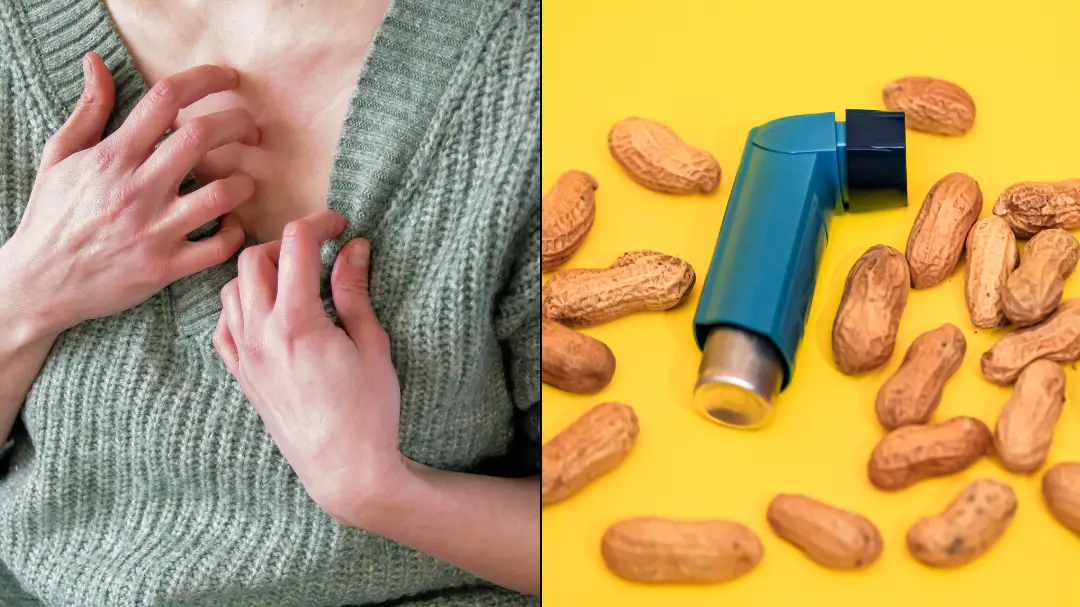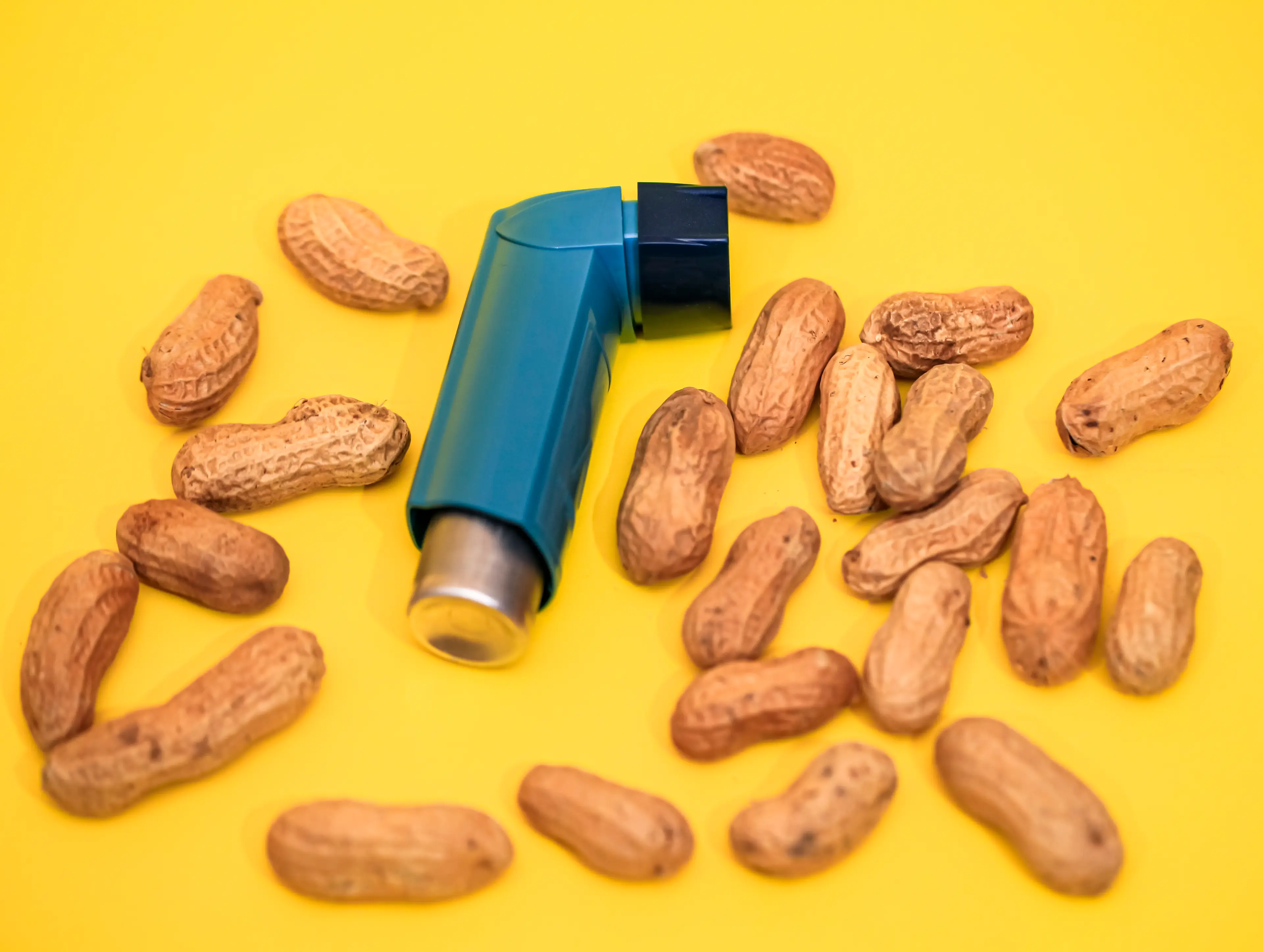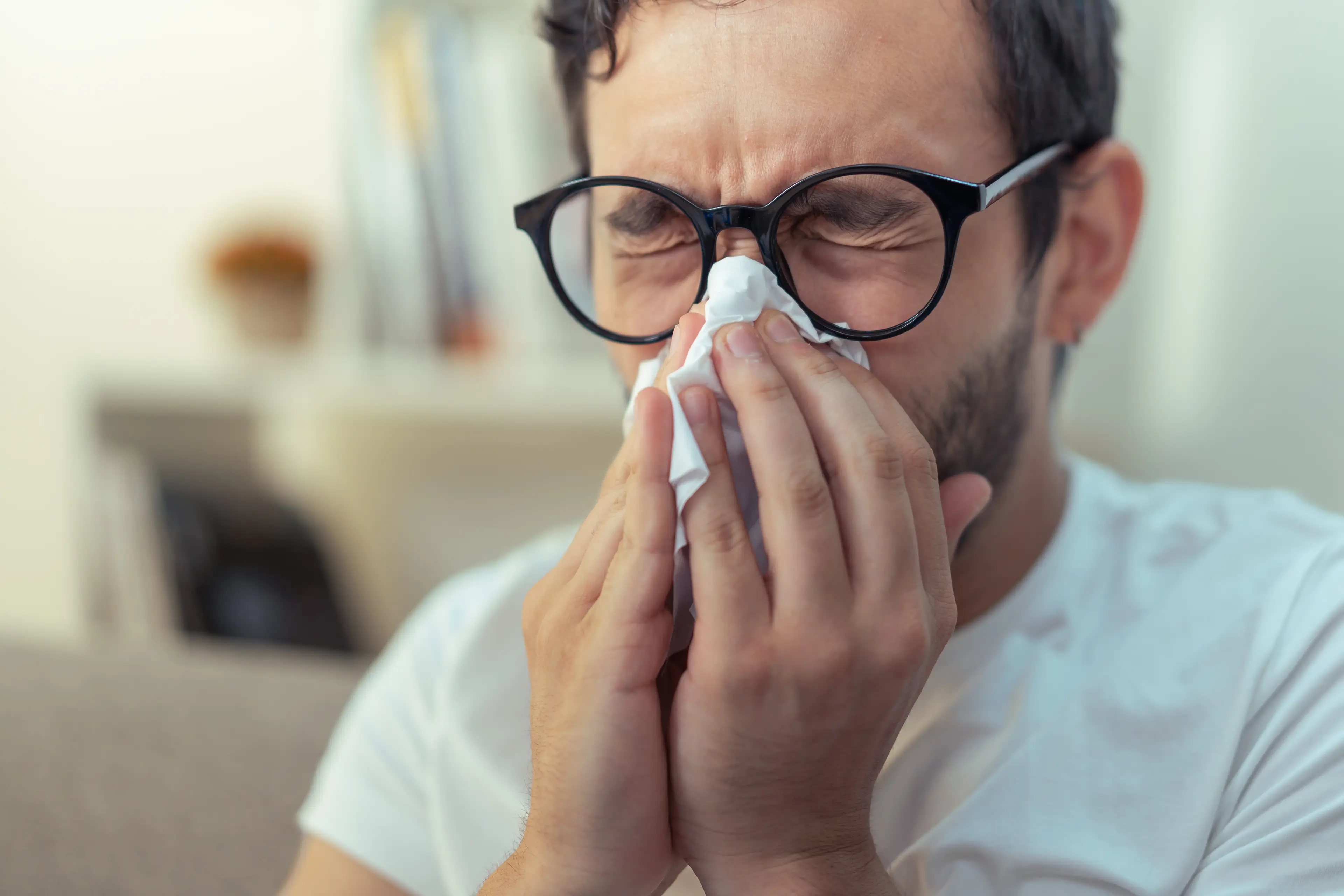
A drug is being hailed as a 'breakthrough' in the fight against allergic reactions, with it potentially having the capacity to save lives.
Researchers have been looking in to the effectiveness of a medicine when someone consumes a small amount of a substance they are allergic to.
The findings have been published in a new study documented by The New England Journal of Medicine.
The drug - called omalizumab - was tested on adults and children who had peanut allergies and at least allergies to two other foods.
Advert

In the UK and US, omalizumab had already been prescribed as Xolair and given to patients with chronic idiopathic urticaria, hives, and asthma.
In total, three adults and 177 children aged between one and 17 underwent tests.
The research showed that after around four months of taking omalizumab, two thirds (67%) of those on the drug would ingest the equivalent of two to three peanuts without significant reaction.
It was only 7% for those who had the placebo.
As well as this, 14% of those who took omalizumab were still unable to eat even a fraction of one peanut without having a reaction.

Ruchi Gupta, a paediatrician at Northwestern University Feinberg School of Medicine in Chicago, Illinois, told Nature: "This is a huge breakthrough for food-allergy treatment.
"Having treatments that can make people feel safer [while eating] is just wonderful. Having new choices for treatments is really just going to help this field so much."
The research was enough for the US Food and Drug Administration (FDA) to approve omalizumab as a treatment for food allergies earlier earlier this month.
The research regarding food allergies could prove to be huge in improving the quality of life for those with other allergies such as peanuts.
The NHS says the drug 'has been shown to decrease the number of asthma attacks in patients with more moderate to severe asthma, and in some patients it allows a reduction of other asthma medications'.

The new study in the US didn't find any adverse side effects, but there was a footnote that it could make a person's natural defence to parasitic worms lower. Nasty.
The NHS says that research shows it carries a small risk of developing blood clots in the legs, lungs, heart and brain.
The study also stresses it's not a cure, but rather a way to increase your threshold should you eat something with the allergic food in it.
It adds you 'must continue to avoid foods they are allergic to'.
Topics: Good News, Health, News, US News, Science, Food And Drink